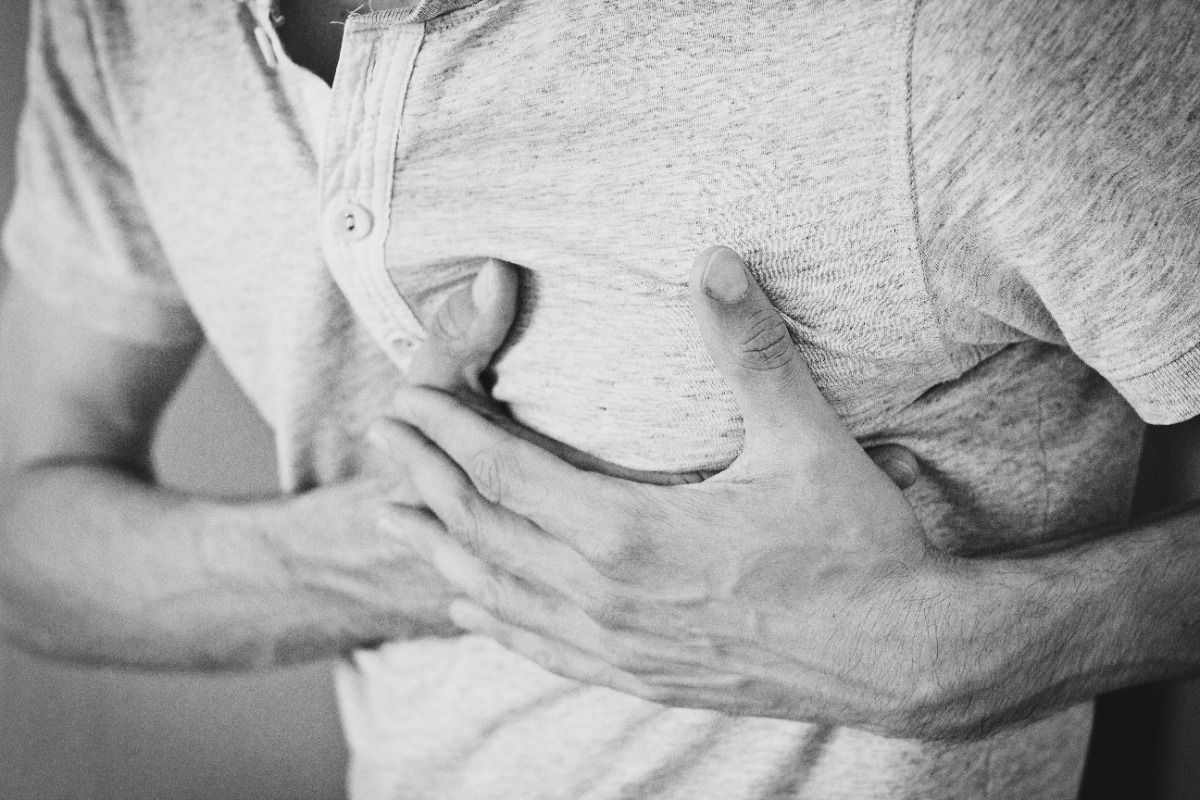
Heart disease is the leading cause of death in the world. A myocardial infarction (MI), also commonly known as a heart attack, is one of the most common heart problems. When there is a blockage of blood flow to the heart, and the heart doesn’t get sufficient oxygen and nutrients, a heart attack could occur. Blood flow to the heart is compromised and impacts circulation, which leads to a variety of complications such as difficulty breathing and chest pains. Heart attacks can be fatal, which is why it’s crucial to know and understand the signs of a heart attack. Here are the signs of a heart attack to watch for. But what should you do if you think someone is having a heart attack in front of you?
What to do When You Think Someone’s Having a Heart Attack?
What if you witness someone else’s heart attack? If you notice an individual near you exhibiting the signs of a heart attack, don’t waste any time immediately calling emergency services. If the individual is still lucid, collect their name and details, and contact a loved one.
Make sure someone assists the person into sitting down (if not yet in this position). This will lessen the strain on the heart. This also means a lesser chance of getting severely hurt should the person collapse. Lastly, reassure and try to calm them down while waiting for an ambulance. Practice deep breathing techniques to calm them and their heart rate down.
If in case of a dire emergency, use your vehicle, or hail a transport service, to help you rush the patient to the hospital. Should the patient be unresponsive, CPR may be conducted by a trained individual.
How to Prevent a Heart Attack
If you want a healthy heart, you must commit to a healthy lifestyle. A large part of preventive care involves making significant lifestyle changes. Here are just a few ways you can prevent heart disease which may result in a heart attack:

1. Adopt good eating habits
Those who are at risk for heart disease and heart attacks are people with unhealthy eating habits. Thus, one way to prevent this is to make healthier food choices. Incorporate vegetables, fruits, and whole grains into your diet. Avoid eating overly processed foods with high sodium and fat. Moreover, drink the recommended amount of water daily.
2. Exercise regularly
Your heart is a muscle, so if you want it to get stronger, keep on moving. Regular exercise assures the heart remains resilient, so it can do its job to pump oxygen to all the other vital organs. Working out improves blood flow and circulation, allowing nutrient-dense blood to reach the cells while expelling toxins through sweat.
3. Control substance usage
As much as possible, limit alcohol consumption as best as you can. The CDC recommends 1 drink or less a day for women and 2 drinks or less for men. The less you drink the better. On top of that, eliminate the use of tobacco products, including exposure to second-hand smoke.
4. Get sufficient sleep
Sleep is a way for your body to heal itself. Those who lack sleep feel more stressed out. More importantly, deep sleep allows your cells to regenerate optimally. It also improves blood circulation, strengthens the immune system, and allows you to restore your depleted energy levels. People who lack sleep could be more prone to suffering a heart attack.
5. Do preventive heart health checks
The most common mistake that people make is getting checked only when they feel something. If you truly want to avoid a fatal heart attack, get your annual check up. If you have a strong family history of heart disease, visit your cardiologist for heart check ups like getting your lipid profile test and monitoring your blood pressure. It would also help to take a CircleDNA test as this at-home DNA test provides reports on your health and disease risks, telling you how prone you are to suffering a cardiovascular disease, and consequently a heart attack. If heart problems are genetic, it helps to be armed with this information so that you can be more mindful of your diet and lifestyle choices.






